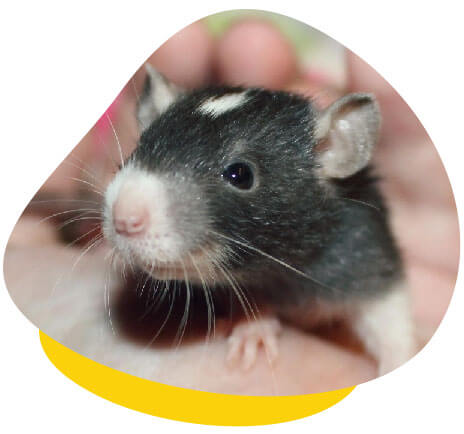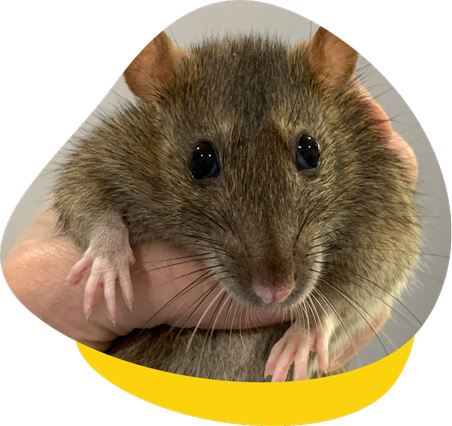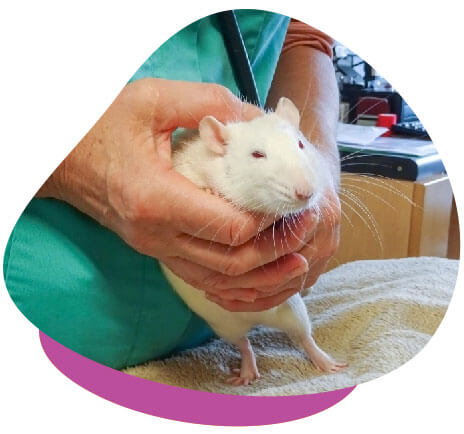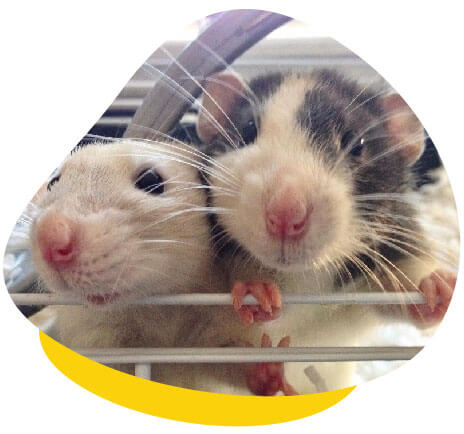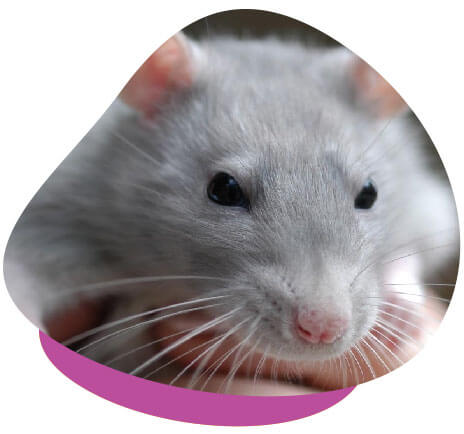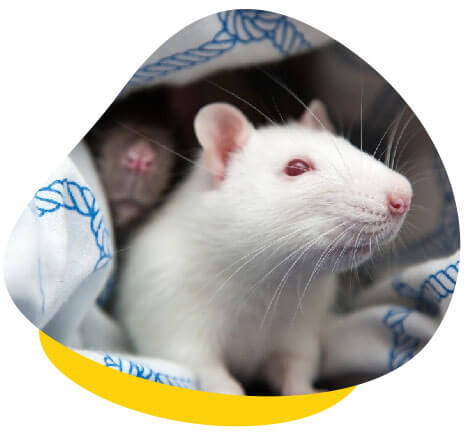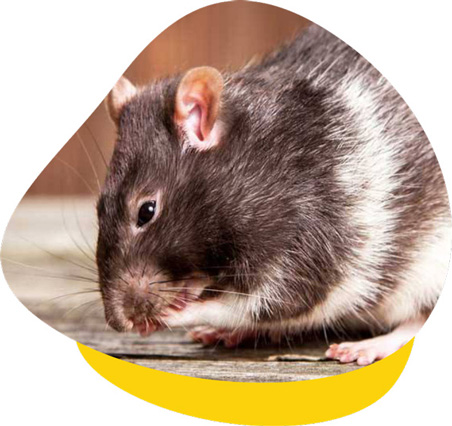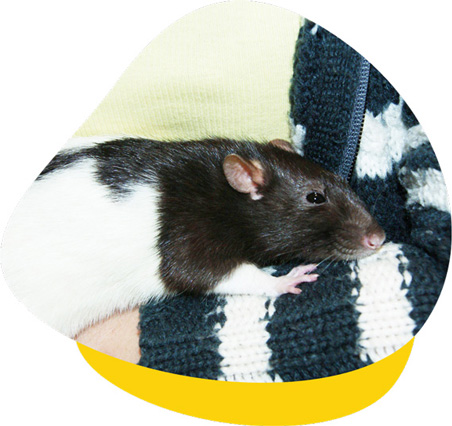Respiratory diseases are highly prevalent among rats, affecting both their upper and lower respiratory systems. The manifestations of these diseases can include sneezing, wheezing, nasal discharge, and peculiar breathing sounds such as rattling or honking.
In this article, we delve into the causes, symptoms, and available treatment options for respiratory diseases in rats.
